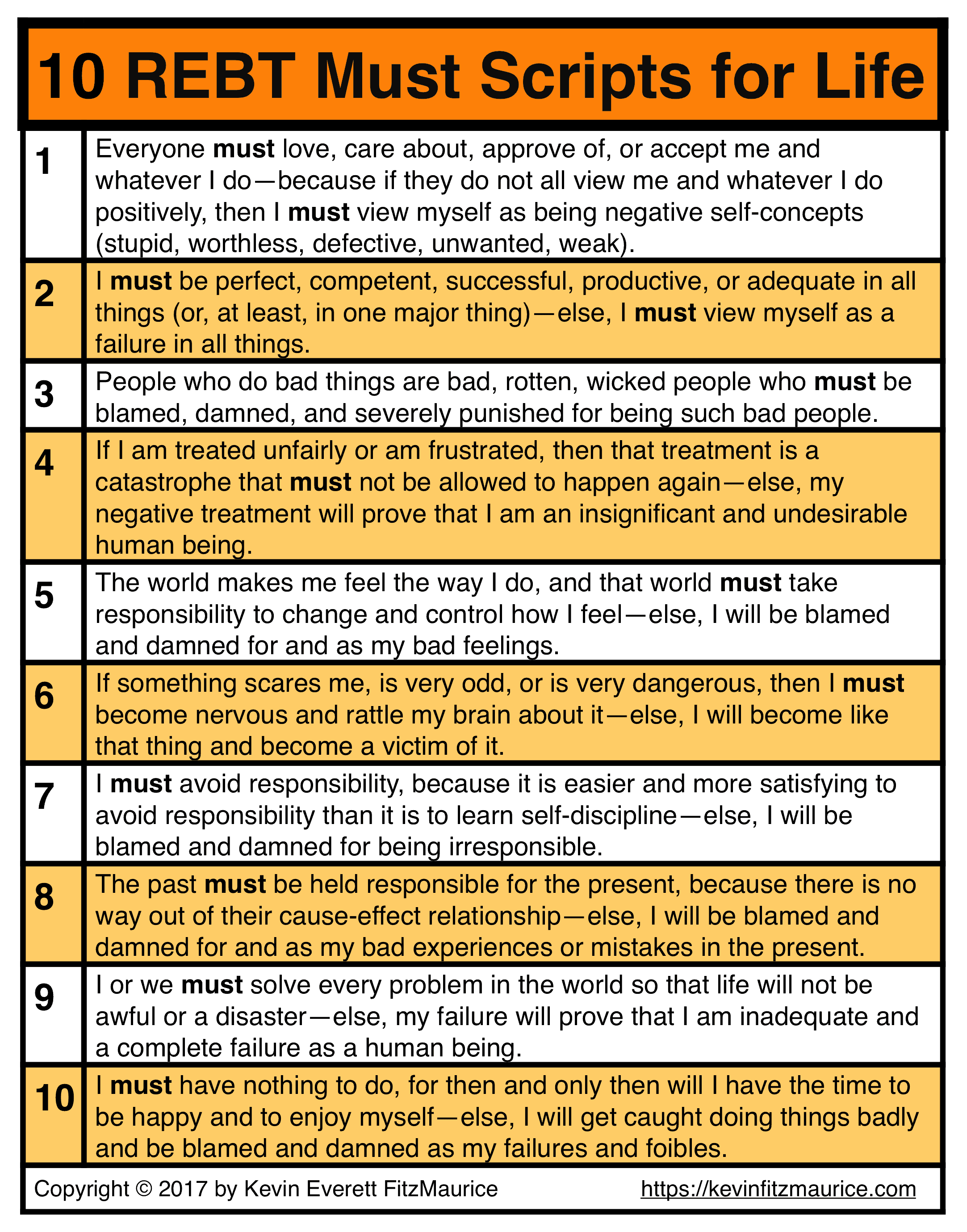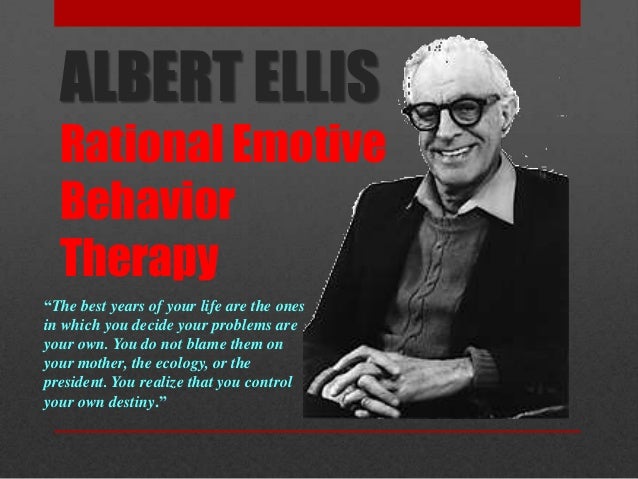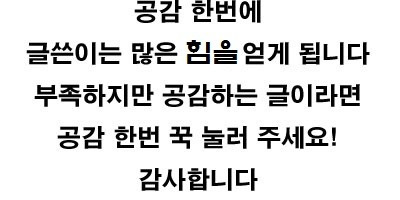
HBR Podcasts
HBR IdeaCast
A weekly podcast featuring the leading thinkers in business and management.
자기인지수준을 높이는 방법
하바드 비즈니스 리뷰 팟캐스트
제633회
연구결과에 따르면 자기인식 수준이 높은 사람들일 수록 성공하거나 만족한 생활을 하고 있는 경우가 많음,
자기인지를 하고 있다고 하는 사람들도 실제로 제대로 하고 있지 않았음.
SNS 시대의 도래로 자아인식이 더 강해지고 개인주의가 강해지는 사회이지만 제대로 자기인지를 하는 사람이 많지 않음.
자기인지를 완벽하게 하고 있다고 해서 성과가 좋은 것도 아님.
자기 내면 탐구 시간이 긴 사람이라고 해서 내적 인지도가 높은 것도 아님.
오히려 너무 오랜 시간을 보내면 쓸데없는 에너지 소모가 일어나서 역효과 남.
자기인지는 나 자신을 보는 내적인지와 남이 나를 어떻게 보는지를 인지하는 외적인지가 있다.
둘 다 균형있게 해야 하는데 서로 상관성이 없음(내적인지도가 높다고 외적인지를 잘 하는 것이 아님)
자기인지, 자기내면 성찰을 할 때 자기 자신에게 잘못된 질문을 던져서 문제가 생긴다. (특히 왜? 라는 질문)
-왜 내가 화가 나는가
-왜 내가 이걸 해야 하나
-왜 그 직원이 사표 쓰고 나갔나
사실 우리는 모든 것에 대한 이유를 알 수 없음을 기억해야 한다.
(그러니까 왜? 에 대한 질문이 꼭 좋은 것만은 아니다)
사실이 아닌데 어떤 생각이 사실로 느껴질 때도 있다.
생각을 많이 하면 할 수록 절망하기 쉬워지고 사람이 반추하게 된다.
같은 생각을 반복하다가 더 부정적으로 변하게 되는 경우가 많음.
그렇다면 어떤 질문을 해야 하나. (이부분은 화자가 말을 아낌)
시기적절하고 구체적이고 미래지향적인 피드백을 주면 도움이 된다.
마인드셋이 문제다.
어떻게 발전적인 방향으로 효율적으로 필요한만큼 자기인식을 할 것인가.
내가 내 자신에 대해 제대로 인식하고 있는 상태가 아닐수도 있음을 인정해야 하고
과학적인 방법으로 접근해야 함. (결국 자기 책 사서 보란 말인듯)
https://hbr.org/2018/01/podcast-ideacast
https://hbr.org/ideacast/2018/06/how-to-become-more-self-aware.html
Tasha Eurich, an organizational psychologist and executive coach, talks about why we all should be working on self-awareness. Few people are truly self-aware, she says, and those who are don’t get there through introspection. She explains how to develop self-awareness through the feedback of loving critics and how to mentor someone who isn’t self-aware. Eurich is the author of the book Insight.
TRANSCRIPT
SARAH GREEN CARMICHAEL: Welcome to the HBR IdeaCast from Harvard Business Review. I’m Sarah Green Carmichael. Self-awareness is one of those important and difficult to achieve goals. Because it’s hard to know who we really are and how we’re coming across to other people. Our guest today is an organizational psychologist and an expert on developing self-awareness. There’s an exercise she recommends that seems to helpful and yet so unpleasant. She takes people out to what she calls the dinner of truth, and she asks them to tell her what about her annoys them the most.
TASHA EURICH: I learned from a very close friend of mine, he said, oh, I love you in real life, but I hate you on social media.
SARAH GREEN CARMICHAEL: Yeah, imagine hearing that. It’s a lot to take in.
TASHA EURICH: And what happens in that moment after they give you that feedback? Do you freak out? Do you start getting defensive? Do you start explaining it away? Or do you simply say, thank you for that feedback?
SARAH GREEN CARMICHAEL: Tasha Eurich is the author of the book Insight: Why We’re Not as Self-Aware as We Think, and How Seeing Ourselves Clearly Helps Us Succeed at Work and in Life. She’s here to talk about what self-awareness is and how to develop it in yourself and the people you manage. Well, Tasha, thank you so much for joining us today.
TASHA EURICH: Thanks for having me.
SARAH GREEN CARMICHAEL: So why is building self-awareness important to be successful at work?
TASHA EURICH: In my mind, based on the research I’ve done for the last four or so years, self-awareness is the most important skill to be successful in the 21st century at work. There has been research that shows that people who see themselves clearly are better performers. They’re more promotable. They’re better communicators, better influencers. They have stronger relationships. They’re certainly better leaders, and interestingly, there’s some data coming out that shows that self-aware leaders actually lead more profitable companies. So, I call it the meta-skill of the 21st century, that it essentially sets the upper limit for our success.
SARAH GREEN CARMICHAEL: How many of us are actually self-aware?
TASHA EURICH: This is where it gets a little challenging. So according to our research with thousands of people from all around the world, 95% of people believe that they’re self-aware, but only about 10-15% really are. So, the joke I always make is that on a good day, that means that 80% of us are lying to ourselves about whether we’re lying to ourselves. [LAUGHTER]
SARAH GREEN CARMICHAEL: Yeah, so why is there such a big gap? What have you learned about how self-aware people believe they are, versus how self-aware they actually are?
TASHA EURICH: There are so many barriers that stand in our way. Most of them, frankly, we don’t even see. Go back all the way to Sigmund Freud, who told us that we could, if we tried hard enough, just to find things. But there are so many things going on within us that we frankly can’t ever be aware of. And there’s obviously a lot of ways around that, like getting feedback and paying a little bit closer attention, but it sets the decks against us. And then externally, we’re living in a society that’s becoming increasingly self-absorbed and increasingly less self-aware. So, this idea that we’re focusing on ourselves more and more, but we are seeing ourselves less and less objectively and clearly.
SARAH GREEN CARMICHAEL: Yeah, well, dig into that distinction a little bit more, because, on the one hand, I see what, but today it’s kind of surprising. You would think if we were all thinking more about ourselves, we would be coming face to face with our flaws more often, too. But it sounds like that’s not happening.
TASHA EURICH: You would think, and one of the most shocking findings from our entire research program over the course of about four years emerged really early on. And I was running a study that looked at basically how much time people spent self-reflecting or introspecting. And then I was looking at the relationship between that and things like happiness and stress and job satisfaction and self-confidence. And what I expected to find, being a self-awareness researcher, was that people who spent a lot of time thinking about themselves would be better off. But over and over and over what we kept discovering is that people who spend immense amounts of time in self-reflection, not only are they not self-aware, they tend to be less self-aware than people who don’t spend time reflecting. And what we ended up learning through several more investigations was, it’s not that self-reflection or introspective is ineffective. Most of us are making big mistakes that are sucking the insight right out of the experience.
SARAH GREEN CARMICHAEL: Yeah, well, before we did into some of that, maybe it would be helpful at this point to just define what we mean by self-awareness.
TASHA EURICH: That’s a great question. So according to our work, there are essentially two types of self-awareness, both of which we need to see ourselves clearly. The first is something we named internal self-awareness. And that’s what most people think about when they hear the team. It’s an inward understanding of who we are, what makes us tick, what are our personalities. But equally important is something called external self-awareness, which is having an appreciation and an understanding for how other people see us. And we found, again, pretty shockingly, that those two types of self-knowledge are not related. So just because I see myself clearly doesn’t mean that I know how other people see me, and vice versa.
SARAH GREEN CARMICHAEL: So, I am curious now how self-aware I am. Statistically speaking, there is a very good chance that I am not self-aware. So how might, what might be some of the signs that would indicate that even if you think you understand those things, you maybe are not as self-aware as you might think?
TASHA EURICH: If somebody has some work to do on their self-awareness, they might see one or both of two main symptoms. So, the first is that internal self-awareness. If you lack clarity about who you are, how you fit into the world, it’s very possible that you’re not going to feel completely happy in maybe the life that you’ve created for yourself. And then on the external side, this can be a little trickier, I think. Sometimes the environment gives us signals. Whether or not we’re paying attention is a different story. But any time things don’t go quite the way you think they should, that’s a good indication to just ask yourself that question, maybe get a little more feedback from the people who know you best.
SARAH GREEN CARMICHAEL: That’s interesting. I think one of the things that can difficult for someone is getting feedback that doesn’t feel accurate to them. And I’m wondering, do you have advice for someone who’s sort of wrestling with a piece of tough feedback, and sort of trying to decide whether it makes sense, like whether, is this a sign that they are not self-aware and could become more self-aware? Or how do you sort of decide how to take kind of critical feedback?
TASHA EURICH: In our research, one of the most enlightening parts of that work was to find people who didn’t start out as self-aware, but who were able to develop that skill in really powerful ways in their lives. What they told us was pretty shocking. They said, you know, I don’t listen to feedback from everyone around me. And I said, really? But as we peeled that onion back, what we discovered was, it’s not that they don’t listen to the kind of feedback that you’re talking about. It’s that they check it with a core group of people, a core and small group of people, who serve that function for them in their lives. And over time, if you do that enough, you can hear some of the behaviors maybe that sometimes we get feedback that’s more about the person giving it than it is about us. But if it is something that we haven’t noticed, our loving critics can help play a role in seeing that for what it is. And you know, a lot of times the most transformational feedback we receive completely blindsides us. And the worst thing I think we can do is discount that without checking it out with other people.
SARAH GREEN CARMICHAEL: Yeah. Well, and you have also talked about, is it a case where perception really is reality? You know, if people think that you are arrogant, for example, it’s like, as a leader you have to know, that’s how you’re coming across. Like, that is reality to them.
TASHA EURICH: And you hit the nail on the head. Senior executives as a whole are less self-aware than frontline leaders and mid-level leaders. So, you know, you get farther and farther away from the truth, but the truth is still important in that it’s their perception, and in order to manage that perception, the first thing you have to do is own it, whether or not you agree, it has to be something that you acknowledge is a real perception and hopefully you make the commitment to deal with.
SARAH GREEN CARMICHAEL: Yeah. I could see that as a leader, it might be challenging to refrain from becoming totally obsessed with your image in a way that was unhealthy. What do you tell the executives you work with about kind of managing that?
TASHA EURICH: [LAUGHTER] You know, it’s funny. I don’t meet too many executives that are overly obsessed with their own image. I think it’s usually the opposite. It’s, they’re so, they have so much on their plates, and they have so many expectations, from their board, from their CEO, that they’re not paying attention. But I do think, you know, there are, there’s another side of this battle, which is, maybe people who are overly self-conscious, they analyze themselves way too much, both of those things have room for improvement. If I’m over-estimating or not paying attention, I need to get a reality check. But by the same token, if I am under-estimating myself, or if I am too focused on how other people see me, and I’m not focused on what matters to me, I have a little bit of a different task, which is to learn what I care about, what my values are. What are the things that are going to make me happy? What do I do really well that perhaps I haven’t been able to acknowledge?
SARAH GREEN CARMICHAEL: Hm. One of the other things you’ve studied is how experience and power affect self-awareness. And since we’re talking about leaders here, I’m wondering what you’ve found about that.
TASHA EURICH: Again, very disturbing, I think, for anyone who’s listening to this who’s in a position of power. There’s basically an inverse relationship between power and self-awareness. I mentioned earlier that senior-level executives tend to less self-aware as a whole than other levels of leadership. And that’s, you know, rating everything from their empathy to their communication skills to their emotional intelligence, their coaching ability. And my belief, and some others’, is that we don’t necessarily start out as less self-aware when we’re senior executive leaders, but the environment that we’re in is so, makes it so difficult to see the truth, that we lose touch with it. There’s a great quote that’s basically that leaders are surrounded by walls, mirrors, and liars. And it’s not uncommon for un-self-aware leaders to surround themselves with yes people, people who agree with them and who are not willing to put those tough truths on the table. And so, I think all of those things in sum total, it doesn’t make us bad people, and on the other end, it means that if you’re a leader, and you actively work on yourself self-awareness, you can be unstoppable.
SARAH GREEN CARMICHAEL: Let’s talk a little bit about how to actively work on one’s self-awareness. I know a couple of things have come up. Are there other things we can do to become more self-aware?
TASHA EURICH: Yeah, let me put a name to one of the concepts, which is unexpected outcomes. There’s another way that you can anticipate those and be a little bit more self-aware before the outcome occurs. It’s something called a pre-mortem. Basically, what it entails is writing down, OK, so this major thing that’s about to happen, let’s say it’s, I’m a CEO. I’m acquiring a new company. Imagine that that is a disaster. Write the history of that disaster. And in doing so, that helps us get out of some of the fundamentally wrong assumptions that we could be making. We’ve seen that, for example, business leaders tend to be overly optimistic about the outcomes of their decisions. So, something like that will be a preventative way to make sure that you’re considering all of the factors. So that’s certainly one, I think, for leaders that can be helpful. Another is assembling those loving critics, making sure that there are three to five people, ideally at different levels of the organization, a superior, peers, employees, board members, who you have a formalized relationship with to get feedback. And so, I think for any leader, you don’t need to go overboard with all of this. But if you can formalize a couple of regular feedback relationships, it can mean the difference between, you know, your undoing, actually, if you’re doing something that really isn’t working, and continuing to improve and be successful.
SARAH GREEN CARMICHAEL: Why doesn’t introspection work? Why can’t you just think your way to more self-awareness?
TASHA EURICH: This is an amazing can of worms. So, this is where, this is going back to what I said earlier, that introspection often is related to less self-awareness. And we really had to dig into that and say, what does this mean? But what we eventually discovered was, people ask themselves the wrong questions when they introspect. One of the most common questions that is out there just in the conventional wisdom, to see ourselves clearly is to ask why. So, we might be trying to understand a negative mood. We might say, well, why am I so upset after that meeting with my boss? Or we might be trying to better understand our feelings about something. Like, why do I believe that we should acquire this company? Or we might be trying to explain some kind of a negative outcome. You know, why did my employee just quit out of the blue? And as helpful as that question sounds, there are really two main issues that prevent it from helping us and actually hurt us without us knowing. Number one is, no matter how hard we try, we can’t excavate those real reasons. You know, so to say why did I do something, we literally can’t know. There are so many things that are just outside of our conscious awareness. But related to that, the challenge is, we usually find answers that feel true, even though they are incorrect. So why doesn’t get us anywhere productive. The second overall reason we shouldn’t ask why is that it depresses us. It’s been shown that the more we ask why, the more we ruminate. And rumination, I call it the evil twin of introspection. It’s where we question things to the point where we’re sucking away our own self-confidence. We’re second-guessing everything. We’re beating ourselves up. And in general, why questions tend to foster that. You know, why did that meeting with my boss go so poorly? It’s because I’m doing a terrible job, and maybe I should quit. And it’s amazing how quickly we get to those places. So, the next question folks might be wondering is, you know, if why is the wrong question, what is the right one? So, the good news, again, is, introspection is good. It’s just that most people are doing it in a way that isn’t effective.
SARAH GREEN CARMICHAEL: Yeah. Well, so we’ve mostly been talking so far about improving our own self-awareness. But of course, as managers, part of our task is to help other people become more self-aware, the people who report to us. So, what can we do, if anything, to help people around us become a little bit more aware, especially if they’re reporting to us?
TASHA EURICH: This is such a tricky area. So, there’s two sides of this coin. The first thing I’ll say is, no matter what happens, at the end of the day, the only self-awareness journey we can positively impact without a doubt is our own. That said, we still have to live and work with these people, and often we still have to supervise them. So, there’s a couple of tools maybe we can talk about that help us deal with our own internal reactions to these people. But to answer your question, as leaders, what do we do if somebody who is working for us is not self-aware? My strong belief is, well-delivered feedback that is timely, that is specific, that is future-oriented, can be powerful for the right person. So, I think just overall for leaders, if you can make it self-directed at first, if you can make sure you have that foundation of trust, if you can give them really specific objective examples, and then if you can give them time, it can be amazing how many people are able to turn that around. But again, if they don’t, that’s more of a reflection on them, usually, rather than you.
SARAH GREEN CARMICHAEL: Mm-hm. So how time-consuming is all of this? If you are trying to become more self-aware, help someone else who you manage, is this like a major project? Is this a part-time thing? What should our expectations be?
TASHA EURICH: I think I’d say two things. Number one is, a lot of this work is simply a mindset. So, the mindset being, I’m going to try to mine the experiences I have on a daily basis to see myself more clearly. Maybe I’m not going to assume that I know myself as well as I think I do. So, I think that doesn’t take any time. It takes a commitment and a perspective to see things a little bit differently. And so, my belief is, yes, it takes energy. It certainly takes courage. It takes a willingness to invest all of that. But if you’re smart about it, and if you use the right scientifically supported approaches, we can make huge gains over time. And another thing to think about is, if you could increase your self-awareness 5-10% per year, that’s a pretty easy goal. But if you look at the sum total of that over time, it can be astonishing.
SARAH GREEN CARMICHAEL: Well, I think that’s a good place to wrap up. Tasha, thank you again for talking with us today.
TASHA EURICH: Thank you. It was a pleasure.
SARAH GREEN CARMICHAEL: That’s Tasha Eurich. She’s an organizational psychologist and principal of the Eurich Group. She’s also the author of Insight: Why We’re Not as Self-Aware as We Think, and How Seeing Ourselves Clearly Helps Us Succeed at Work and in Life. Our show is produced by Amanda Kersey and Curt Nickisch. Adam Buchholz is our audio product manager. And we get technical and production help from Rob Eckhardt. We got extra production help this week from Ramsey Khabbaz. Thanks for listening to the HBR IdeaCast. I’m Sarah Green Carmichael.







